Veterans Day 2011: Remembrance on National Holiday [PHOTOS & VIDEO]
Veterans Day is just around the corner, and as Nov. 11, 2011 draws closer, people across the U.S. begin to look back on the federal holiday in honor of military veterans, whether as those who have experienced combat, longtime protestors of war, or as family members of those who have served.
The national holiday, alternately called Armistice Day or Remembrance Day, is most commonly associated with World War II. The holiday was first proclaimed by President Woodrow Wilson on 1919 on the anniversary of the WWI armistice.
Armistice and Remembrance Day, commemorating the end of the Great War on the 11th hour of the 11th day of the 11th month of 1918, is celebrated around the world, but Veterans Day in America has come to be associated with all U.S. military conflicts, regardless of battlefield, time or unit affected.
As adults around America prepare for a day off of work, and students plan for a break from school, take a look back at the history of Veterans Day in the U.S., from WWII soldiers looking back on Iwo Jima and the Library of Congress's Veterans History Project to veterans on Occupy Wall Street and the tragic aftermath of the Vietnam War. Read quotes from those who experienced combat, view videos of veterans from America's wars, and see photos of the U.S. Armed Forces from WWII to today.
Videos from Veterans:
Bernardine Brownie Plasters, a WWII Army nurse, sat down with staff at the Women in Military Service for America Memorial to share stories from the European front, including her time at the Battle of the Bulge and her first glimpse of the concentration camps.
Quote from Dellie Hahne, Red Cross Nurse's Aid: I think a lot of women said, Screw that noise. 'Cause they had a taste of freedom, they had a taste of making their own money, a taste of spending their own money, making their own decisions. I think the beginning of the women's movement had its seeds right there in World War Two.
WWII veteran Joseph Robertson tells about killing a young German soldier and being unable to forget it, even today. Below, a segment from Story Corps, 2006.
Herbert Hoover: Older men declare war. But it's the youth who must fight and die.
The 761st Tank Battalion made history as the first all black tank unit to see combat. Veterans from the battalion spoke with the History Channel in 2005 to discuss the racism they faced at home and on the front, and the patriotism many felt, some in spite of themselves, for their country.
Quote from Charles Earnest Berry, WWII veteran in the Veterans History Project: I am an American. And when I go home [from Korea], I can't even sit and eat where I want to. Can't ride the bus. Can't get a job I'm qualified [for]. Then what the hell am I fighting for?
While WWII veterans returned from the conflict triumphant and revered, Vietnam war veterans were thrown into all the horrors of war, from the guerrilla tactics to the almost jubilant feeling of taking a life before the enemy could take yours. Veterans coming home were ridiculed or met with horror and incredulity. Here, a segment from First Kill, a Vietnam War documentary that examines the psychology of war and warfare, including this segment with Michael Herr, war veteran, correspondent, and screenwriter of Heart of Darkness.
Sen. Frank Church, May 1970: This war has already stretched the generation gap so wide that it threatens to pull the country apart.
Following the Vietnam War, a new set of soldiers were added to the U.S. Armed Forces: women. Despite the continuous combat exclusion policy present in the American military, women have served on the ground in the Gulf Wars, the war in Afghanistan and the war in Iraq. Nearly 150 women have died in combat in Iraq and Afghanistan, and women make up 20 percent of the U.S. military today.
Below, a NYT report on women on the front lines in the Iraq and Afghanistan wars.
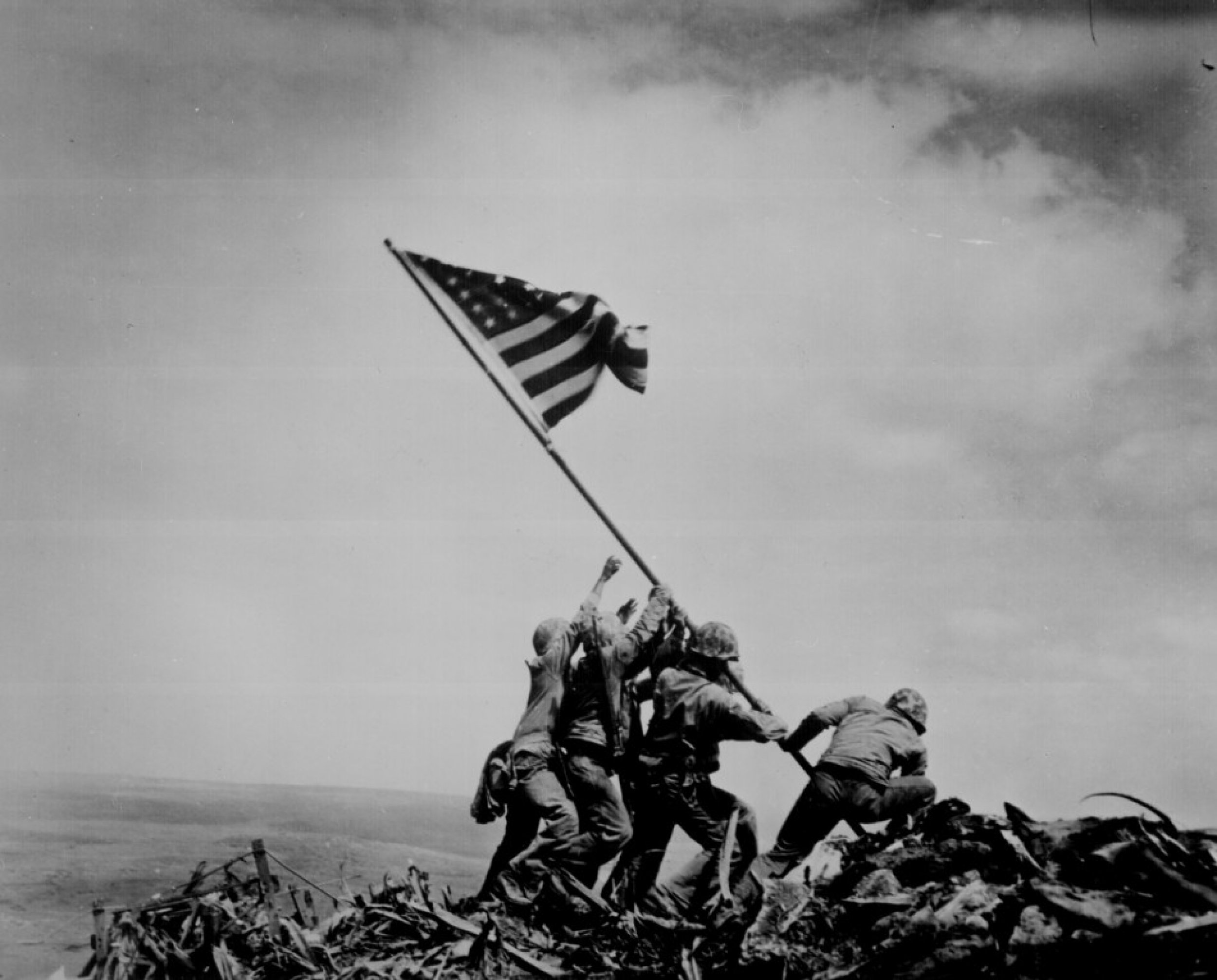
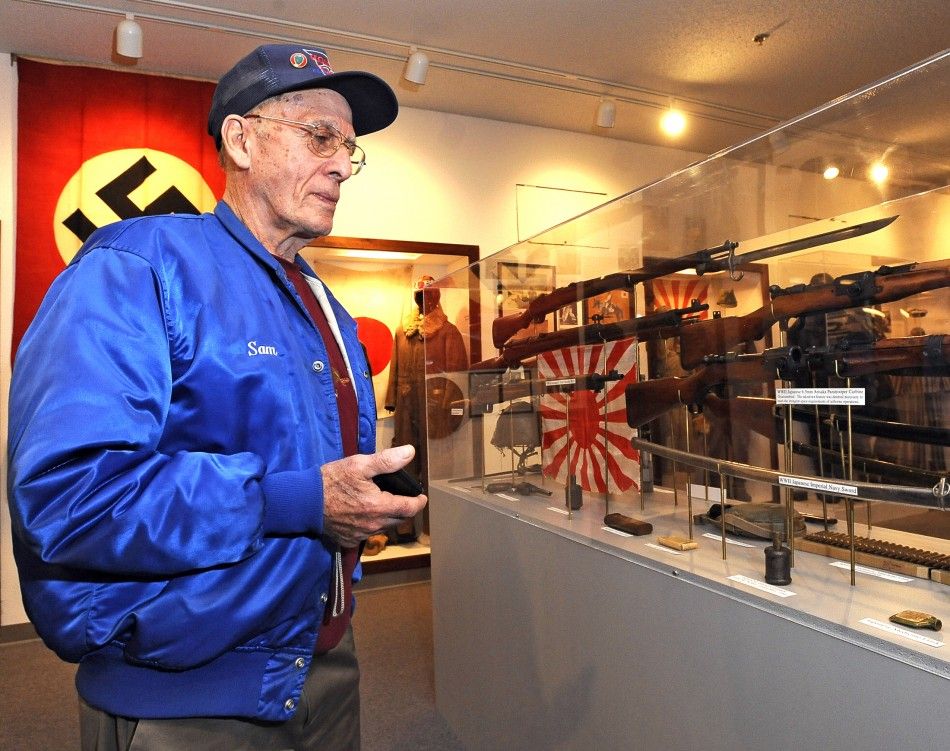
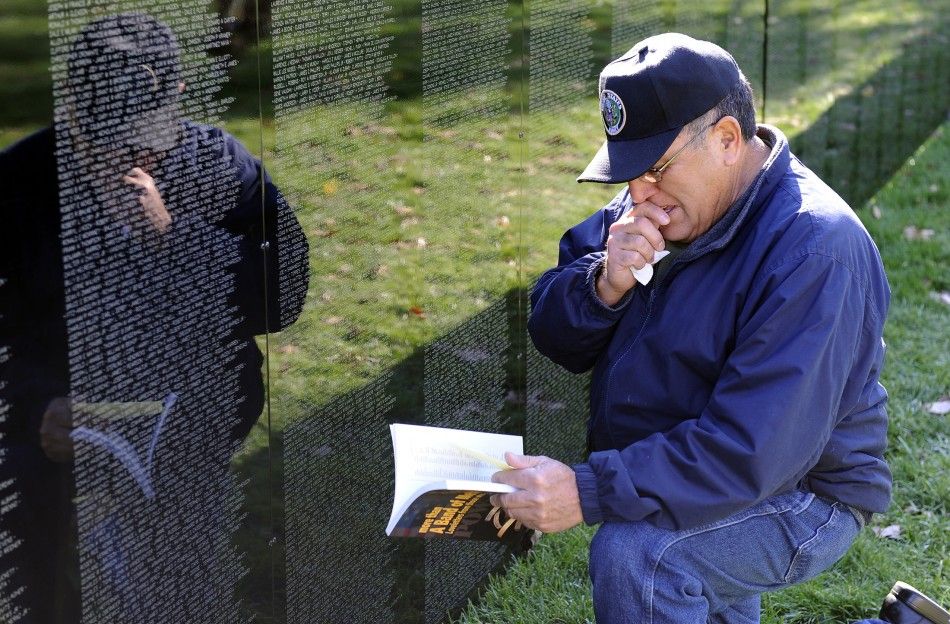
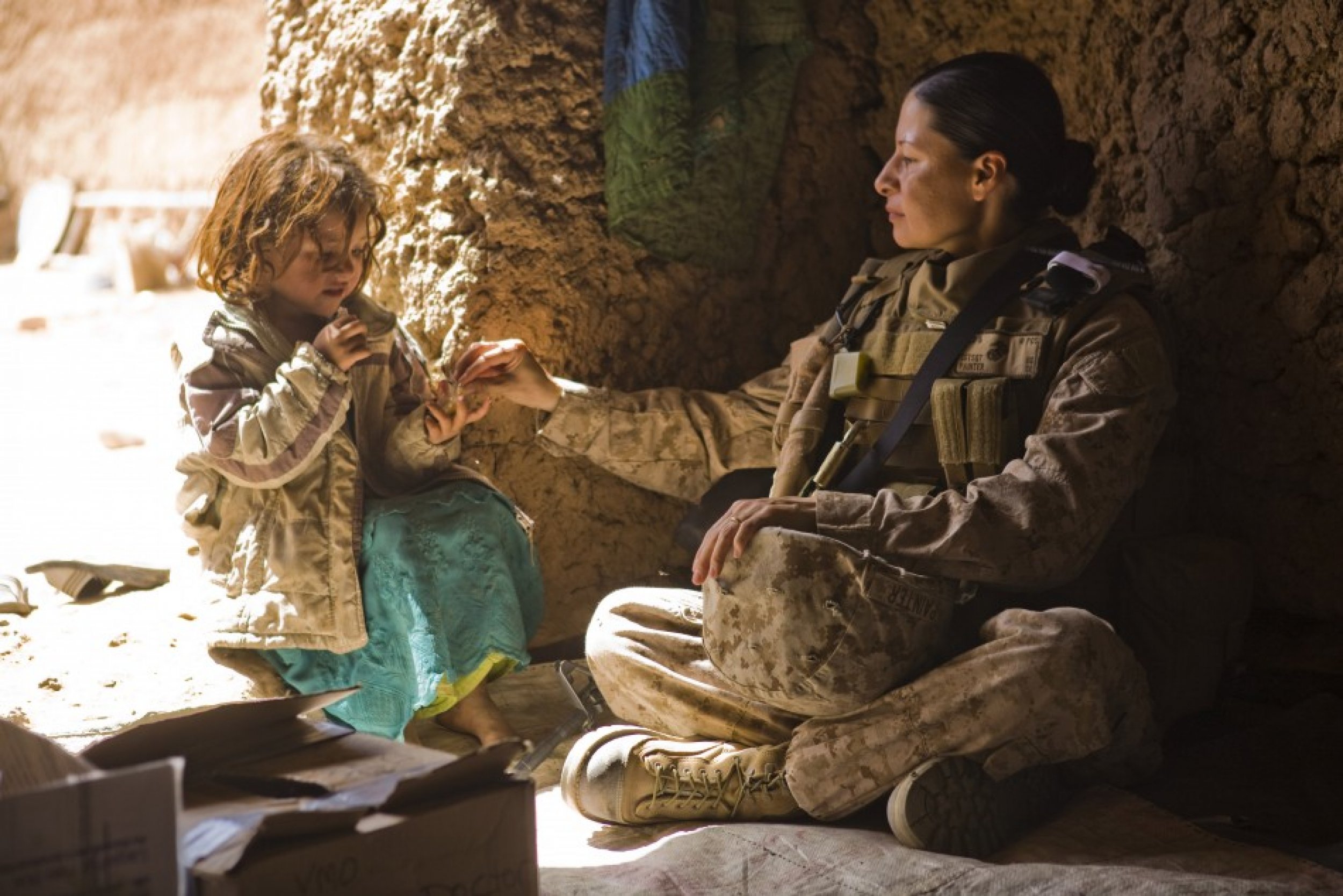
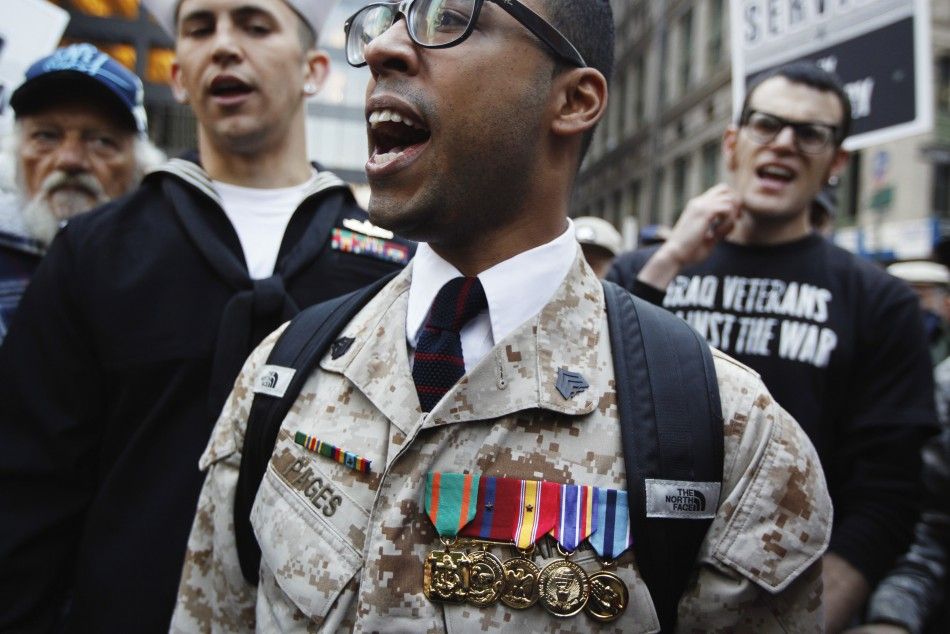
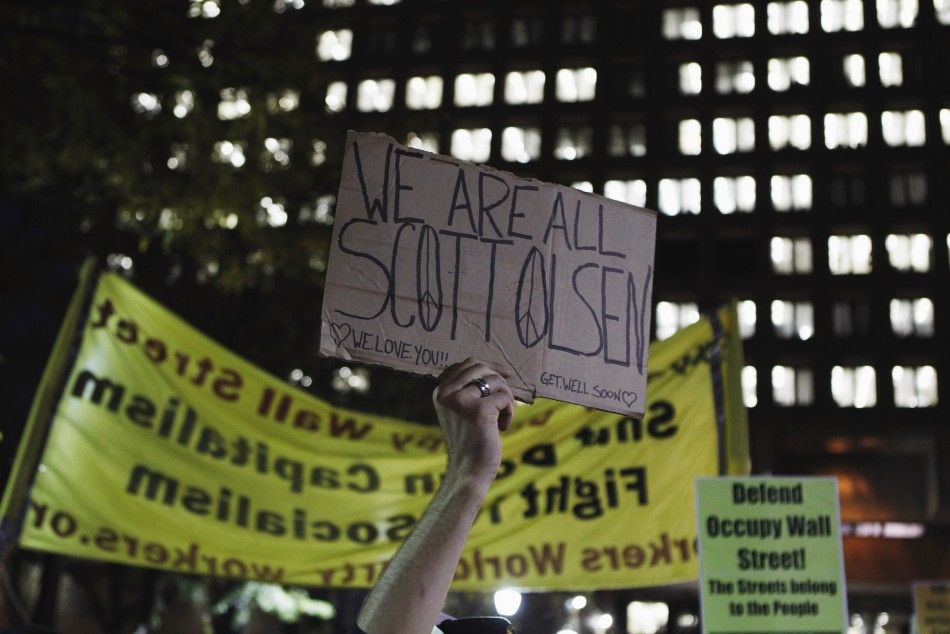
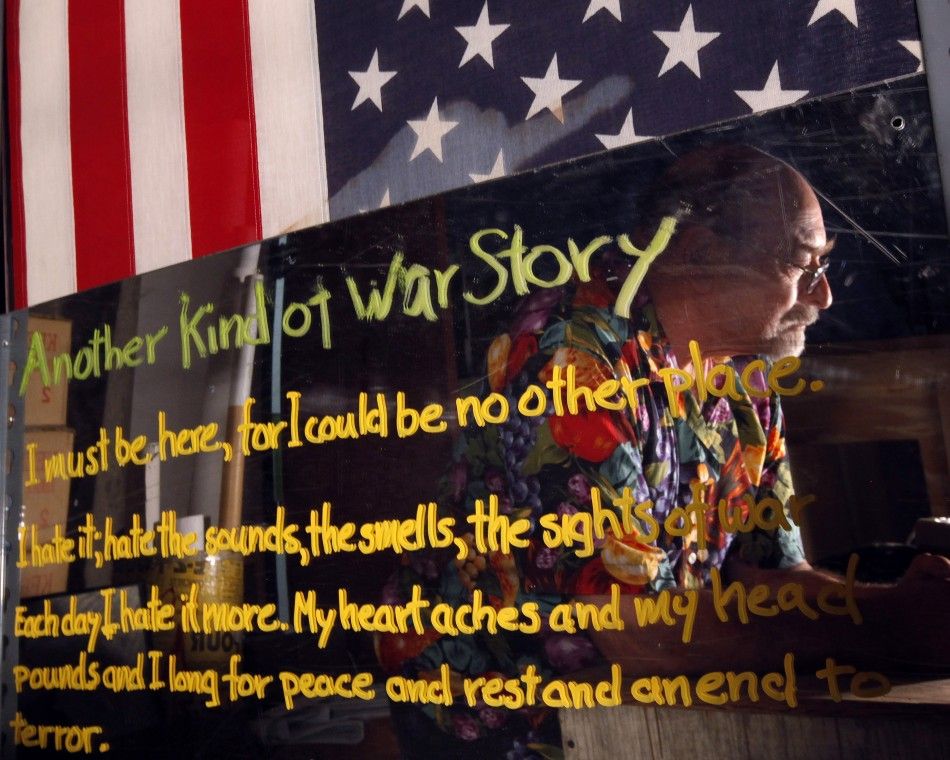
© Copyright IBTimes 2025. All rights reserved.





















